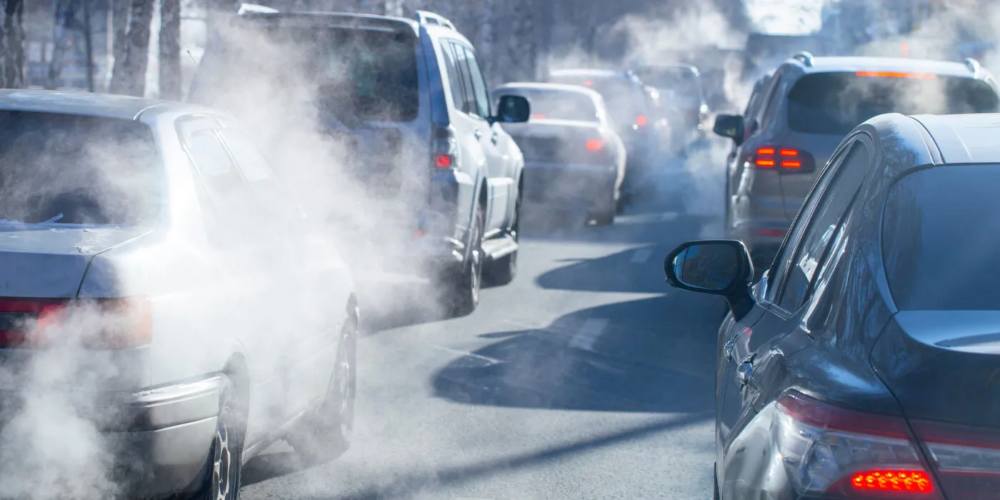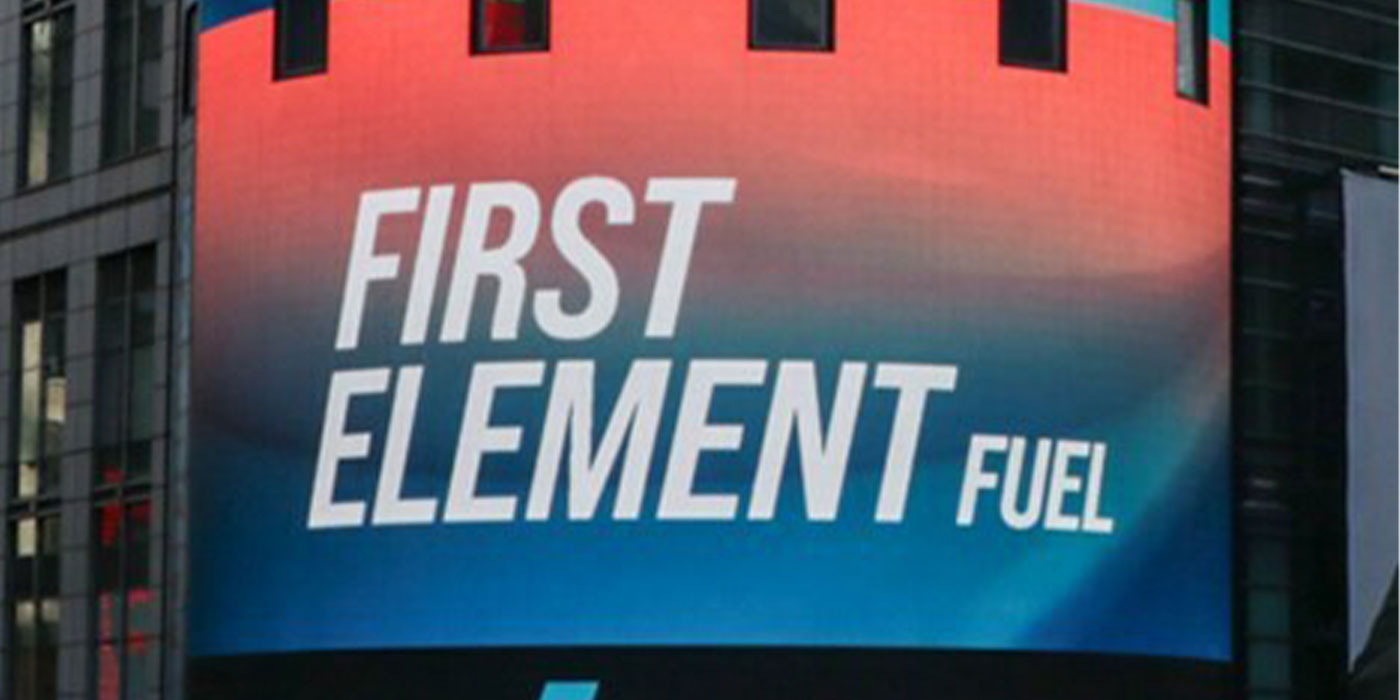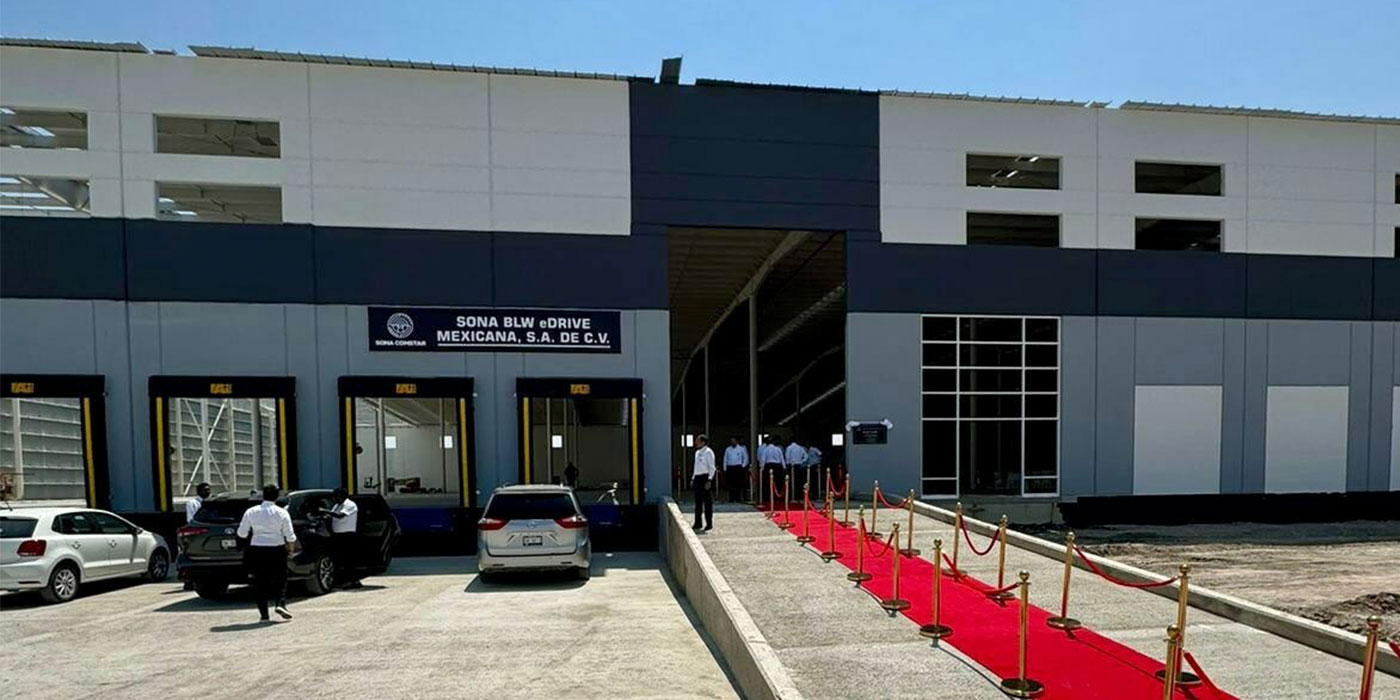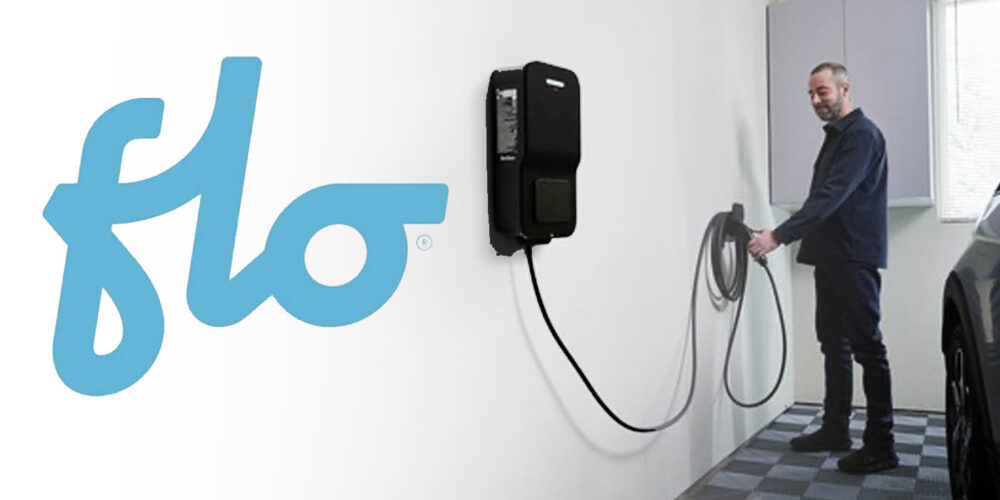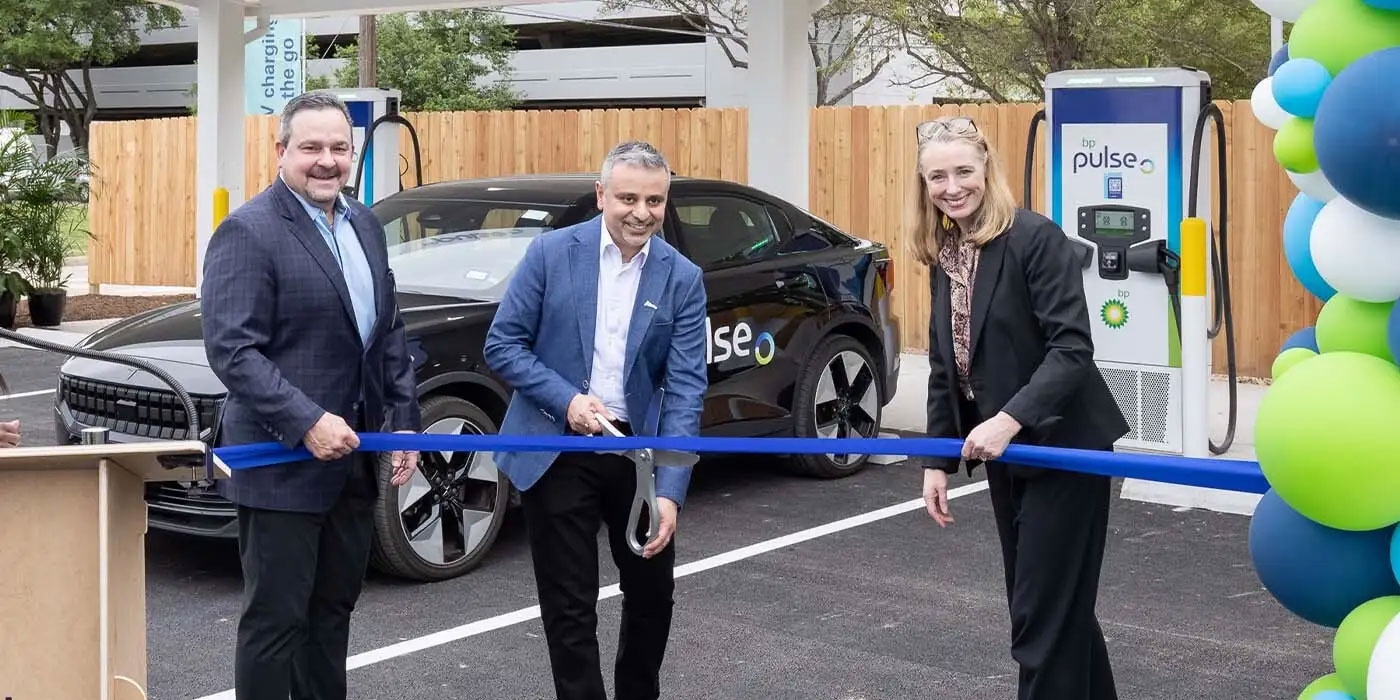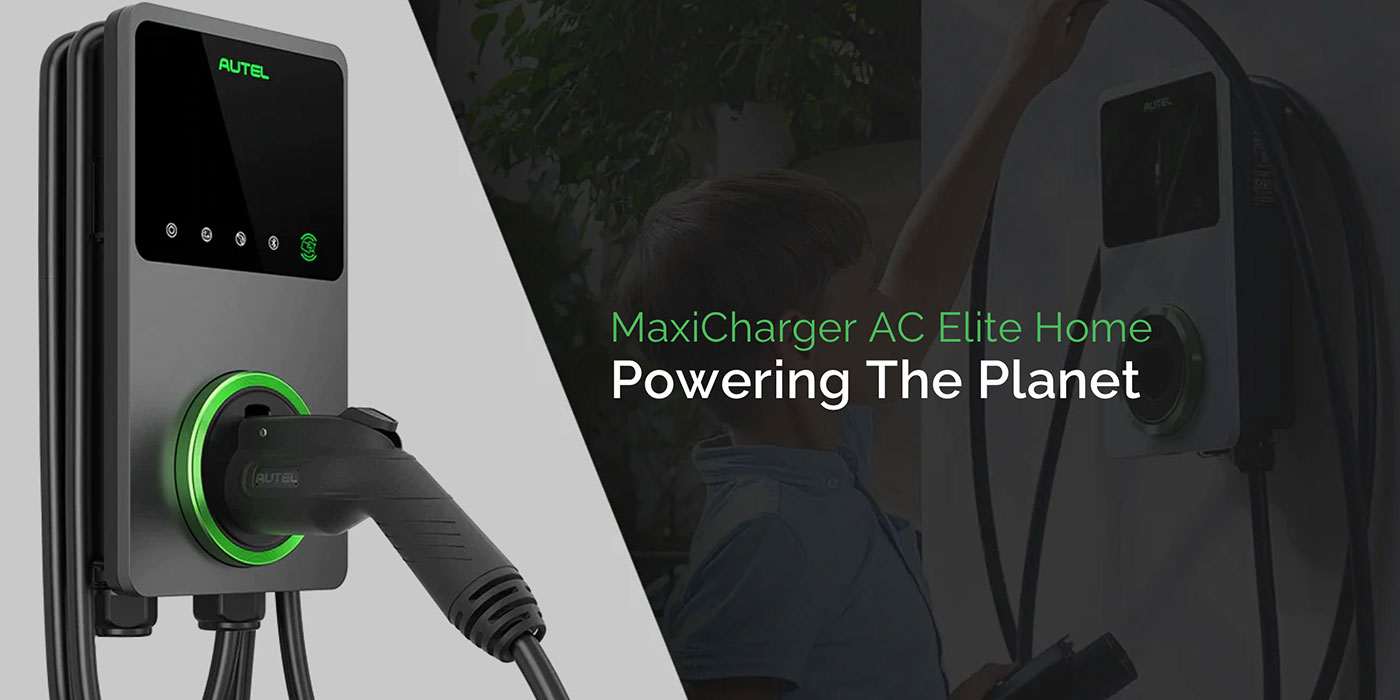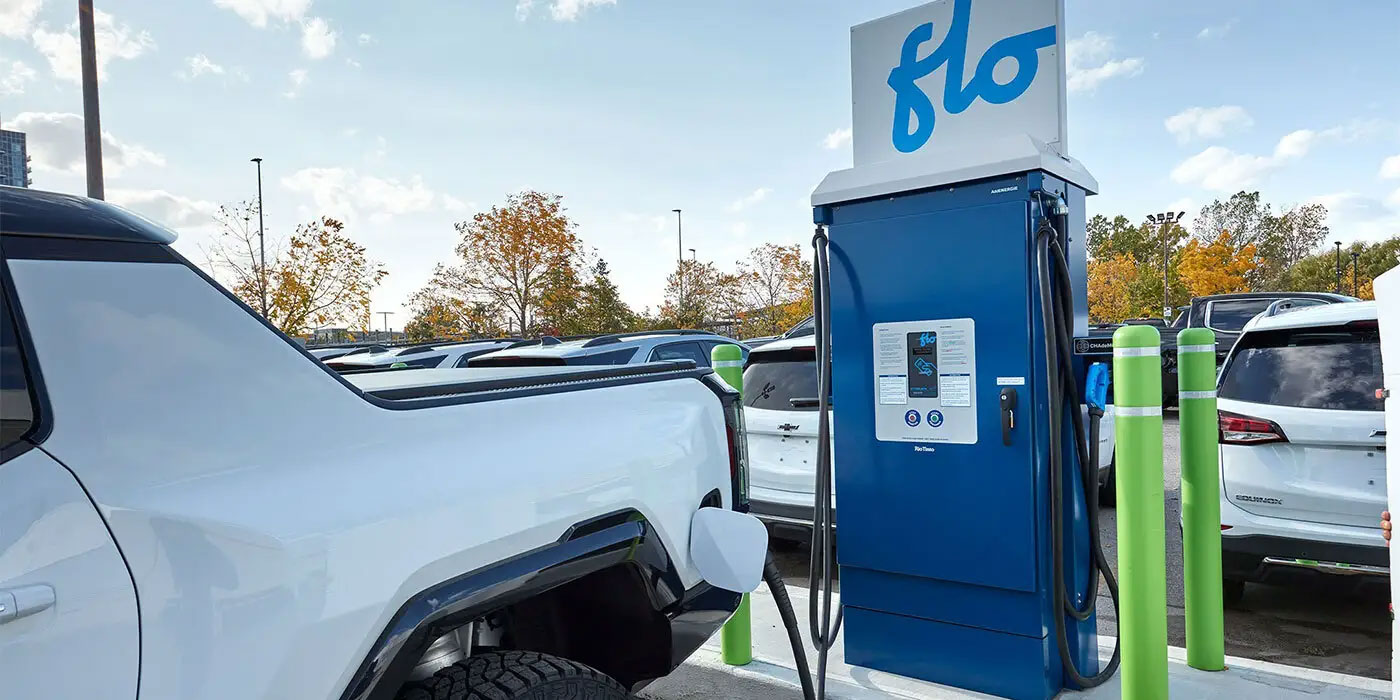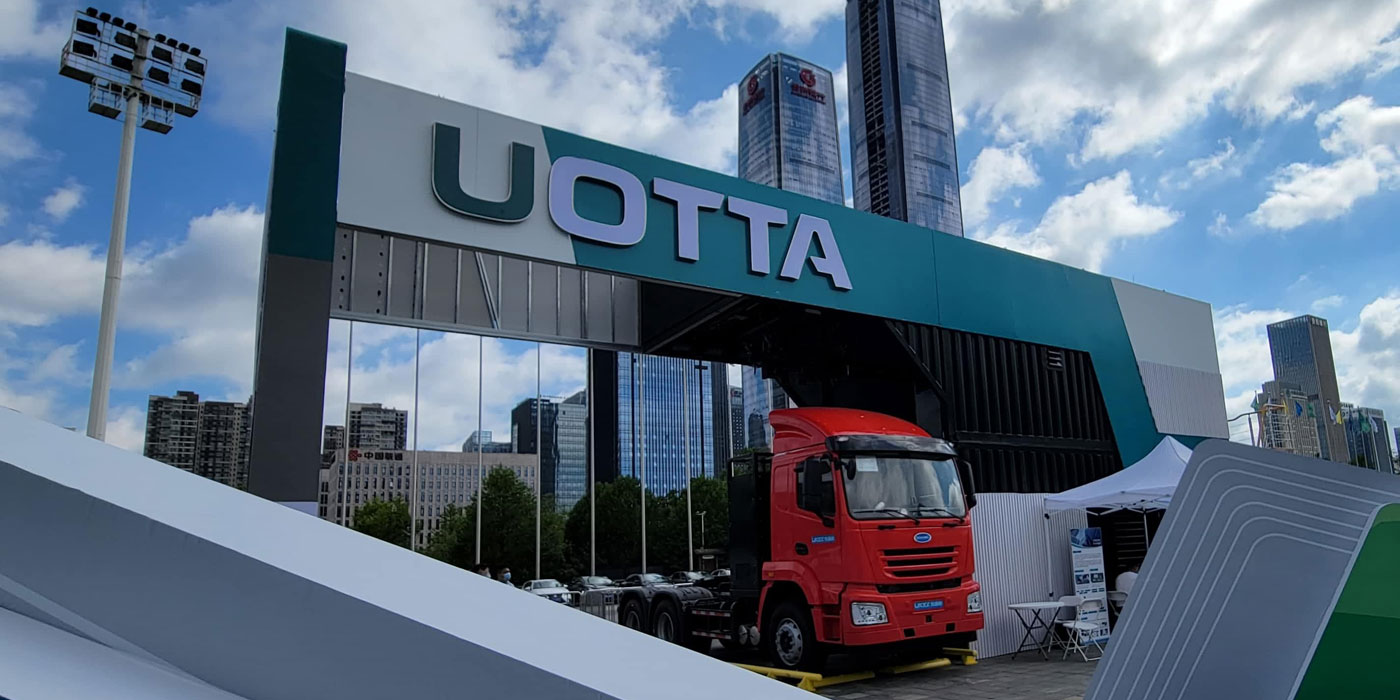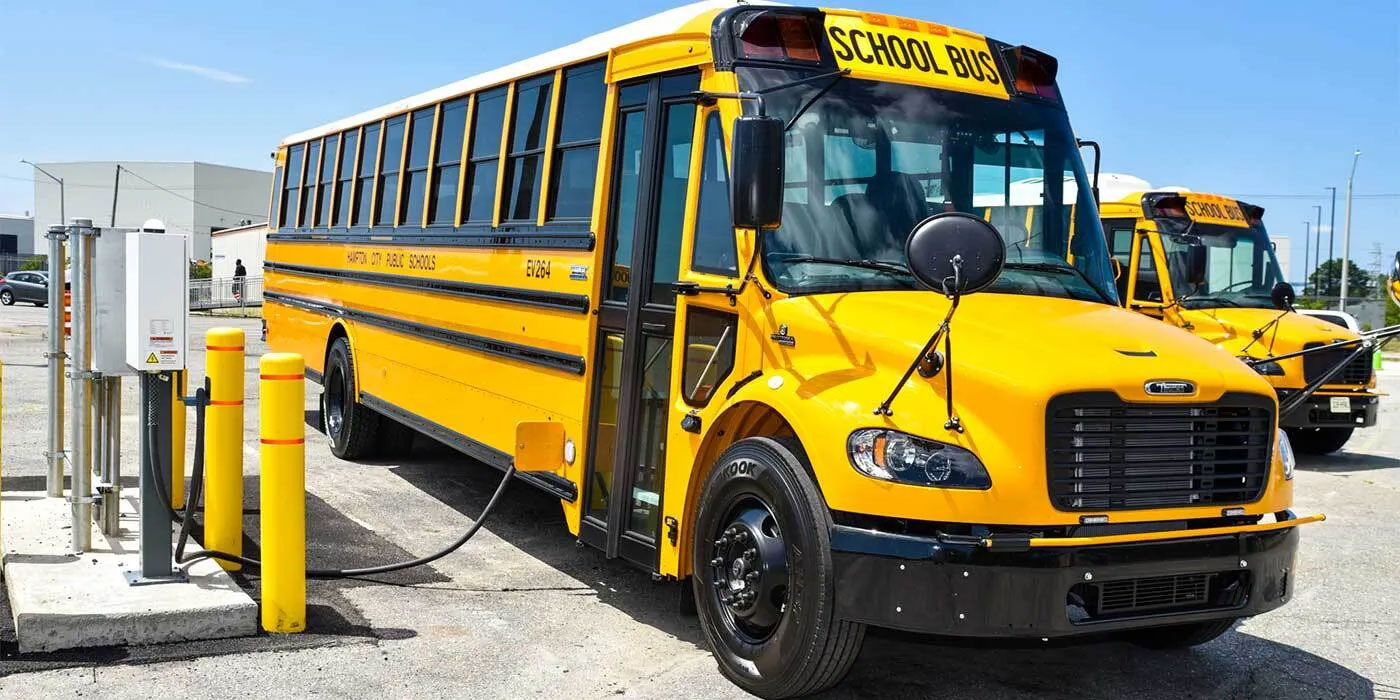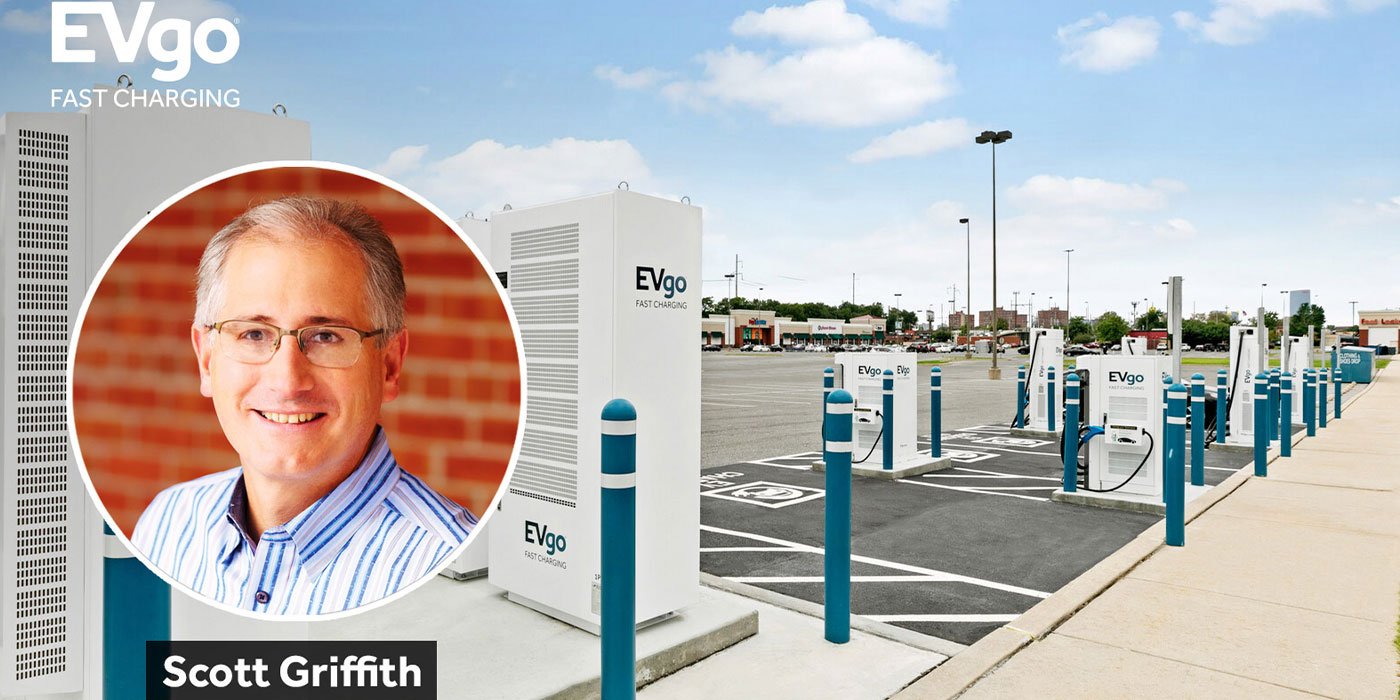According to researchers from the U.S. Department of Energy’s National Renewable Energy Laboratory (NREL), the rapid adoption of zero-emission electric vehicles will move the nation close to an 80% or more drop in transportation greenhouse gas emissions by 2050 from the 2019 level.
The researchers said they came to that conclusion after running thousands of computer simulations on the steps needed to decarbonize passenger and freight travel, which make up the largest contributor to greenhouse gases. While they advised that “no single technology, policy or behavioral change” is enough by itself to reach the target, eliminating tailpipe emissions would be a major factor.
The paper, “Exploring decarbonization pathways for USA passenger and freight mobility,” appears in the journal Nature Communications. While most vehicles today burn fossil fuels, a zero-emission vehicle (ZEV) relies on alternate sources of power, such as batteries or hydrogen. Transportation ranks as the largest source of greenhouse gas emissions in the United States and the fastest-growing source of emissions in other parts of the world, researchers said.
The researchers analyzed in detail 50 deep decarbonization scenarios, showing that rapid adoption of ZEVs is essential alongside a simultaneous transition to a clean electric grid. Equally important is managing travel demand growth, which would reduce the amount of clean electricity supply needed. The researchers found the most dynamic variable in reducing total transportation-related emissions are measures to support the transition to ZEVs.
Using a model called the Transportation Energy & Mobility Pathway Options (TEMPO), the researchers said they performed more than 2,000 simulations to determine what will be needed to decarbonize passenger and freight traffic. The study explores changes in technology, behavior and policies to envision how passenger and freight systems can successfully transition to a sustainable future, NREL said. Policy changes may require new regulations that drive the adoption of electric vehicles, for example.
The study shows that the maximum potential for 2050 decarbonization across the simulated scenarios is a staggering 89% reduction in greenhouse gases relative to 2019, equivalent to an 85% reduction from the 2005 baseline.
Funding was provided by the U.S. Department of Energy Office of Energy Efficiency and Renewable Energy Strategic Analysis Team. NREL is the U.S. Department of Energy’s primary national laboratory for renewable energy and energy efficiency research and development.

